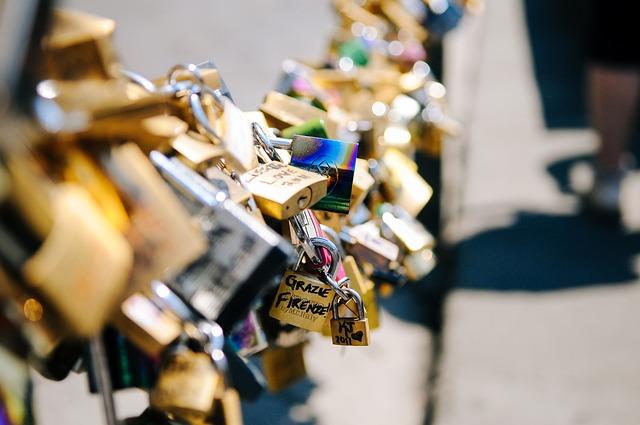In the intricate dance of human connections, long-term couples often find themselves at a crossroads: the delicate balance between nurturing their romantic relationship and maintaining cherished friendships. As time unfolds, the question emerges—should partners prioritize their bond over the ties of friendship? This conundrum, woven with layers of emotion and societal expectation, invites a deeper exploration into the heart of what it means to truly connect. In this article, we delve into the dynamics of love and friendship, unraveling perspectives and insights that challenge conventional wisdom and illuminate the path to harmonious coexistence.
Balancing Acts: Navigating the Relationship and Friendship Tightrope
In the intricate dance of maintaining both a romantic relationship and friendships, the balance can often feel like walking a tightrope. Long-term couples may find themselves grappling with the question of where to invest their time and energy. Prioritizing a romantic partner doesn’t necessarily mean sidelining friendships. Instead, it’s about finding a harmonious blend that nurtures both aspects of life.
- Communication is Key: Open dialogues with both partners and friends can help set expectations and boundaries.
- Quality over Quantity: Focus on meaningful interactions rather than the frequency of meetings.
- Shared Activities: Encourage group activities where both partners and friends can mingle, fostering a supportive network.
Ultimately, the goal is to foster a lifestyle where love and friendship coexist, enriching the journey with diverse perspectives and support systems.

Emotional Investments: Weighing the Bonds That Matter
In the delicate dance of long-term relationships, couples often face the challenge of balancing their romantic bond with friendships. Prioritizing relationships doesn’t necessarily mean sacrificing friendships, but rather understanding the unique roles each plays in personal growth and happiness. It’s essential to evaluate the emotional investments involved, considering how each connection enriches life.
- Quality Time: Couples may find that dedicating quality time to each other strengthens their bond, but it’s equally vital to nurture friendships that offer different perspectives and support.
- Emotional Support: While a partner can be a primary source of comfort, friends often provide a diverse support network that complements the emotional landscape.
- Individual Identity: Maintaining friendships helps preserve individual identity within a relationship, allowing each person to bring new experiences and insights back to the partnership.
Ultimately, the balance is personal and dynamic, requiring open communication and mutual understanding to ensure both romantic and platonic bonds are honored.

Communicative Harmony: Fostering Open Dialogues Between Partners and Friends
In any long-term relationship, finding a balance between romantic commitments and friendships can be challenging yet rewarding. Open dialogues play a crucial role in maintaining this equilibrium. Partners should engage in conversations that address individual needs and mutual expectations. By fostering an environment where both parties feel heard, couples can ensure that their relationship remains a priority without sacrificing the valuable connections they have with friends.
- Respect each other’s social circles: Encourage and support time spent with friends.
- Set boundaries: Discuss and agree on time allocation for both partners and friends.
- Integrate social activities: Occasionally merge friend groups to strengthen communal bonds.
By embracing these strategies, couples can cultivate a dynamic where both their partnership and friendships thrive, enhancing overall relational harmony.
 Practical Strategies: Crafting a Unified Approach to Social Prioritization”>
Practical Strategies: Crafting a Unified Approach to Social Prioritization”>
Practical Strategies: Crafting a Unified Approach to Social Prioritization
Balancing the dynamics of a long-term relationship with friendships requires a thoughtful approach. To achieve harmony, couples can consider implementing a few key strategies:
- Open Communication: Discuss expectations and boundaries with both your partner and friends. This ensures everyone understands the importance of each relationship.
- Scheduled Quality Time: Allocate specific times for both your partner and friends. This could mean a weekly date night or a regular catch-up with friends, ensuring no one feels neglected.
- Shared Social Circles: Encourage your partner to engage with your friends and vice versa. This can create a unified social environment where everyone feels included.
Ultimately, the goal is to cultivate a supportive network that values both intimate and platonic connections. By being intentional and considerate, couples can maintain a balanced social life without compromising on either front.




